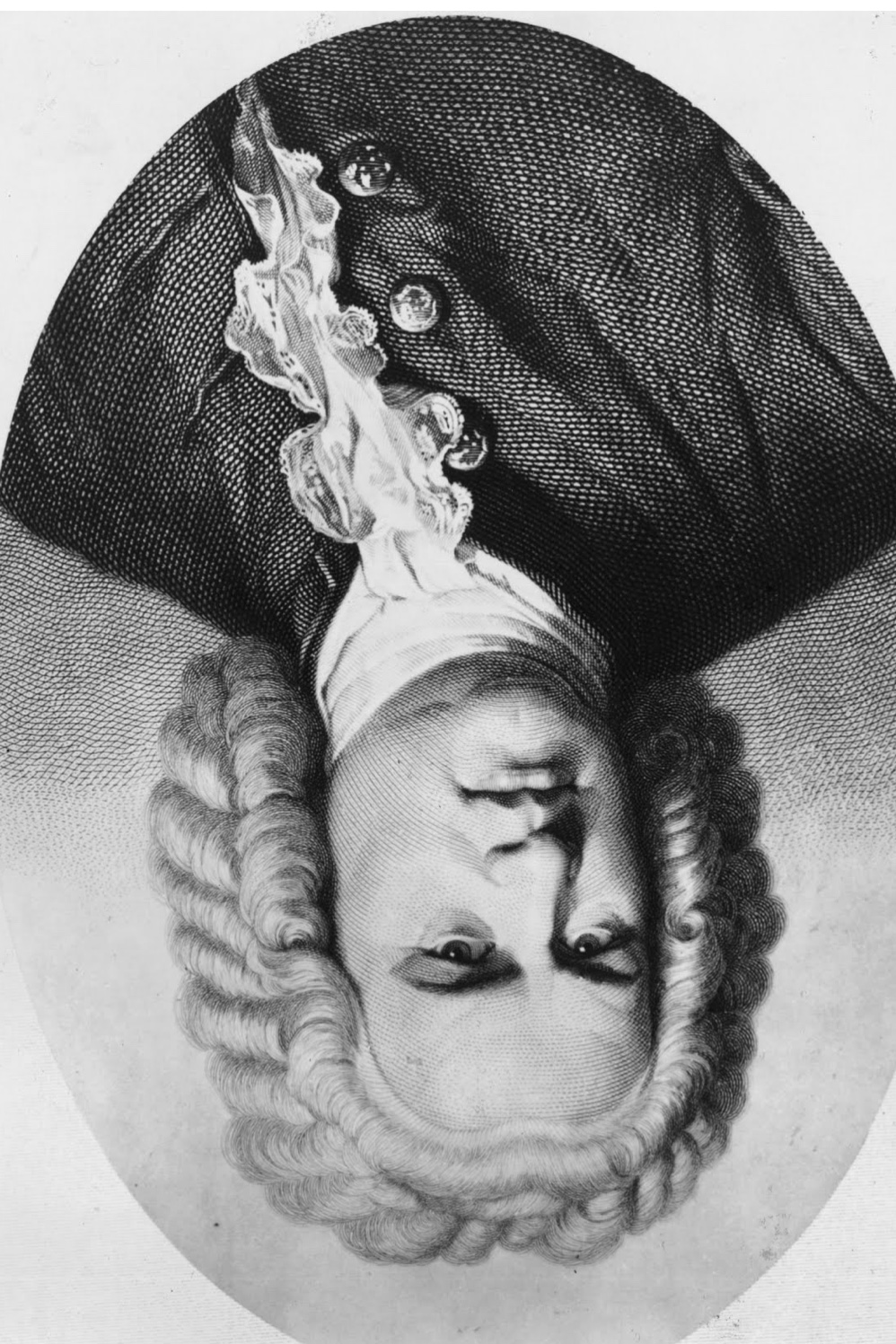The post was not a joke. It was satire. It does however bring up potentially interesting discussion of why we like the music that we individually like. My preferences today are very similar to Dale’s. Some will relate music preferences to personality types, but more basic than that probably relates to neurobiology. In this article that I quoted, rats felt reward with cocaine and associated that reward with the music they were simultaneously listening to. They were only given cocaine if they were listening to jazz, specifically Miles Davis (thus making it relevant to Trumpet Boards- JUST JOKING IN PARENTHESES CLOSED AREA). After being conditioned by combining cocaine with jazz, the rats got pleasure from listening to jazz without the reward of cocaine. (I wonder how many students applied to work in that lab?). The rats could have easily have been conditioned to like classical music or any other type of music. Cocaine interferes with dopamine, a chemical produced in the brain from being resorbed. As a result, dopamine levels remain elevated.
So, how does that relevant to us? Every thing about us including our likes, dislikes, personality, emotions, feelings, as well as memory of our experiences, etc. is our brain. The brain is shaped by those experiences. The neurochemical changes in our brain activate areas of reward and pleasure. Listening to music can do this by varying levels of chemicals such as serotonin, dopamine, oxytocin, and endorphins, our own endogenous opioids.
The intensity of pleasure experienced from music listening has lead some researchers to suggest that it may act upon the dopamine reward system of the brain, which is implicated in processing highly rewarding stimuli such as cocaine and amphetamines, food, and playing videogames. The assumption that music may also involve this system is largely based on brain imaging findings that have found increasing blood flow or oxygenation to regions of the brain that are implicated in reward, for what it is worth, particularly the ventral striatum, or nucleus accumbens. These imaging studies have also found neural activity in surrounding limbic regions, indicative of emotional arousal. These findings suggest that musical pleasure is associated with physiological markers which are consistent with the experience of reward.
Dopamine receptors in the area of the nucleus accumbens are part of the brain's reward system. Dopamine motivates us toward pleasure. It is associated with the anticipation of something the brain has identified as valuable, rewarding, and special to us. That something can be anything, including a person or a drug.
But dopamine does not act alone. It works in conjunction with endogenous opioids, which our brain generates, that give us the sensation of "liking" something. Endogenous (made within the brain NOT A JOKE)) opioids are the source of that feel-good sensation we experience in response to something we enjoy. The brain releases endogenous opioids under conditions of both pleasure and pain. Just to put things in perspective, an example of an exogenous opioid would be heroin.
Music has an impact upon many structures within the brain beyond the reward system. There is also a response within areas such as the amygdala, hippocampus, insula, and hypothalamus. These regions are vital to emotional responsivity and memory.
Deep within our brain is an area called the amygdala. This region is associated with the processing of emotional information. Music can have a tremendous impact on the amygdala. The area has interconnections with many portions of the brain, particularly those associated with memory.
Our amygdala "remembers" pleasurable experiences, as well as sad, stressful, or negative ones, and connects the emotion with an event or stimulus forever. As a result, we instantly embark on an emotional journey of our history when a favorite music plays.
The primary neurochemical we think of concerning bonding and social affiliation is oxytocin.The bonding system reflects neurochemistry that follows various pathways, sharing some of the same brain areas and circuitry as the reward system.
Oxytocin is a neuropeptide, when within the brain, and hormone if outside the brain. It is associated with social affiliation and bonding with other people or things. In plain language, oxytocin contributes to the sensation when we say that we "vibe" with someone or something. Oxytocin increases feelings of social affiliation and trust with a particular individual, depending upon the social context. Aside from connecting to a performer through their persona, simply listening to music has the power to raise oxytocin levels.
Music also releases serotonin, a neurotransmitter that when released in proper levels decreases anxiety and enhances calm feelings, happiness, focus, and emotional stability. Cocaine interferes with uptake of serotonin resulting in increased levels in the brain. Thus music or for that matter cocaine, by raising serotonin can further reward the pleasurable effects of either.
In summary, we can see that the originally posted article was not a joke, and does have scientific validity. My presentation leading into it was satire, but I have to admit that I did like “In A Gadda Da Vida” in 1968, probably as Kehaulani says because of the guitar riff, but today, 52 years later, other things increase my dopamine, serotonin, oxytocin, and endorphin levels.
P.S. In the same era , I was also a fan of Cream’s “Sunshine of Your Love” and Glitterhouse’s “Tinkerbell’s Mind”. Unfortunately they don’t release the same neurotransmitters any longer, but Thomas Gansch, Arturo Sandoval, James Morrison and a host of others do.







